Knowledge as War Strategy: Ancient History with Foucault in Mind
I’ve been reading too much Foucault. So, let’s talk about barbarians.
Foucault develops a historico-political discourse which relies upon the seemingly uncouth figure of the barbarian. The term has its roots in the Latin barbaria “foreign country,” in the Greek barbaros “foreign, strange,” and perhaps most significantly, in the Proto-Indo-European root barbar, which was intended to reproduce the unintelligible babble of foreigners.
Unlike the eighteenth century formulation, the ancient barbarian was not primarily identified with violent domination, but with linguistic ignorance. Barbarians were outsiders who did not speak as we speak and whose speech was nonsense. Inclusivity was a matter of communication, not proximity, as we come to know and are known through what we can convey and understand. There’s a sense of homelessness here, of not belonging, of profound strangeness: he doesn’t understand us, he cannot know us, and therefore he must remain a mystery.
When the ancient historian Herodotus attempts to trace the origins of the Greeks, he tells the story of the king Croesus who wonders which empire to align himself with – the Athenian or the Spartan.
Herodotus explains that the Athenians were descended from the indigenous Pelasgians, while the Hellenic Spartans had arrived in Greece much later: “And indeed these two nations had held from very early times the most distinguished place in Greece, the one being a Pelasgic, the other a Hellenic people, and the one having never quitted its original seats, while the other had been excessively migratory … The Hellenic race has never, since its first origin, changed its speech … The Pelasgi, on the other hand, were, as I think, a barbarian race” (Herodotus, Histories, Book 1).
In keeping with the ancient emphasis on linguistic knowledge and ignorance as indicative of barbarism, Herodotus identifies the Athenians as descended from barbarians who were nevertheless native to Greece. The Spartans, who had always spoken Greek and were therefore not barbarians, had been “excessively migratory” and were not indigenous to Greece. Here we find the eternal theme of ancient, original right, and it manifests itself in the investigation of who is more truly Greek. In Herodotus, this is a significant reversal of the savage-barbarian dichotomy we find in Foucault’s analysis. For the latter, it is not the barbarian but the savage who is native to the contested territory: “Unlike the savage, the barbarian does not emerge from some natural backdrop to which he belongs. He appears only when civilization already exists, and only when he is in conflict with it” (Foucault, Society Must be Defended, 195).
Through the lens of such analysis, the Athenians were noble savages who emerged naturally from the land, and it was the Spartans, who arrived as a later threat to the Athenian civilization, who were the barbarians. Obviously, this difference stems from the fact that where Herodotus emphasizes language as isomorphic with barbarism, Foucault emphasizes physical domination. However, Foucault’s text illuminates the possibility that, in some sense, the ancient privileging of language is a reflection of how knowledge is tactically deployed as an instrument of war and is therefore domination par excellence.
When Croesus hesitates between Athens and Sparta, the Delphic oracle reveals to him not only Athens’ barbaric origins, but also how the Athenians were easily deceived by a clever trick of a woman dressed as a goddess – the foolish crowds believed she was Athena herself. Upon hearing these revelations, Croesus concluded that the Athenians were, quite naturally, rather stupid. Understandably, he chose to ally with Sparta. Foucault writes: “All the obscure processes that go on at the level where groups come into conflict … become history’s primary thematic … This is the dark history of alliances … the history of expenditure, exactions, debts, trickery … and of stupidity” (Foucault, 134-35, italics mine). Barbaric origins and credulity are recounted in a counter-history which mocks the Athenians for lacking not physical strength, not original right to the land, but knowledge. This is how Herodotus establishes Spartan pre-eminence. After all, they have always spoken Greek and they don’t fall for stupid tricks. Thus, the Spartans possess knowledge. This conclusion seems counter-intuitive when we recall that Athens is credited with the creation of theater, philosophy, historiography, geometry, medicine, the peer jury, democracy, and just about everything else…
…while Sparta is not remembered for any orators, artists, or historians at all.
Indeed, the warlike people of Laconia were notorious for their brief, terse speech, for their disdain for intellectual pursuits, and for resenting what they regarded as Athenian effeminacy, treachery, and chattiness. This is where the term laconic originates.
Even Plutarch relates that when Lysander defeated Athens during the Peloponnesian War, he sent a triumphant message to Spartan leaders: “Athens is taken.”
They responded with: “’Taken’ was enough.”
Like their swords, Spartan wit was short, sharp, and sure.
We see that knowledge as war tactic must not be reduced to knowledge as institution. What Spartans know is how to be silent. Spartan knowledge manifests itself in their unwillingness to talk — they know, so they do not speak. Athenians’ famous oration skills, so frequently employed in the clever tactic of sophistry (to the great lamentations of Socratic wisdom), struggles against the equally tactical Spartan silence. In praising Sparta, Herodotus praises precisely those qualities which led to the ruin of the Germanic warrior aristocracy.
However, neither for Herodotus nor for the historical record do these competing knowledges result in victory for either Athens or Sparta as they did for the Gauls. Since “historical knowledge … is both a description of struggles and a weapon in the struggle” (Foucault, 172), what is Herodotus’ contribution to the battle for pre-eminence? In a way, his counter-history declares a stalemate. In dredging up the ancient memory of Athenian barbarism, he not only denies the nation linguistic origins, but also challenges the politico-historical legitimacy of expelling the barbaric Pelasgians from Athens. Simultaneously, he denies the Spartans their propagandistic self-representation as autochthonous to Greece. Croesus may align himself with proud, militaristic Laconia, but the Spartans have no songs.
(or maybe this is all mere sophistry)
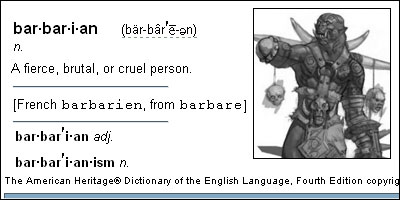
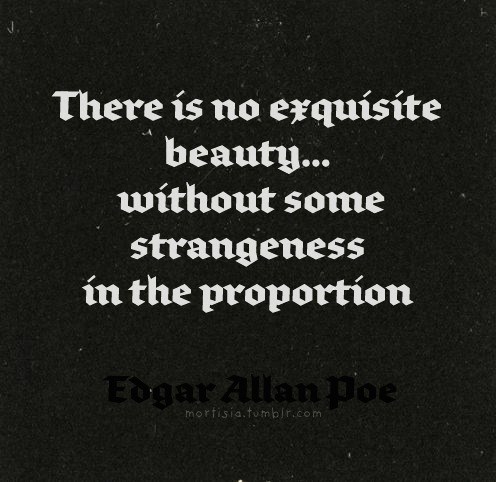
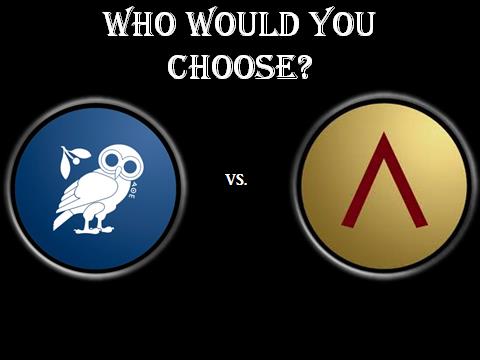
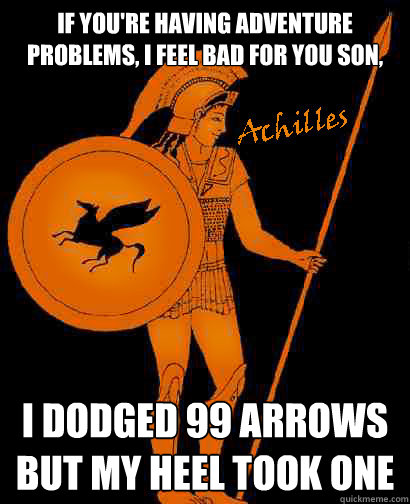
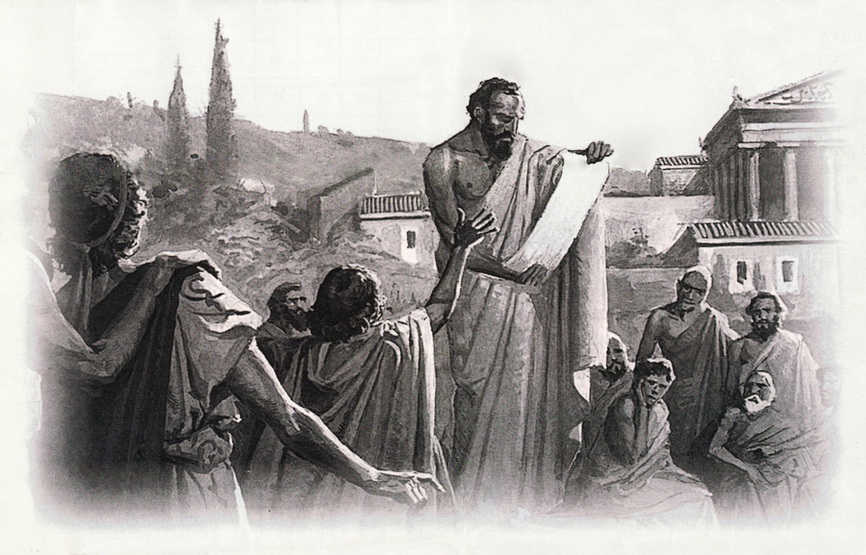


One thought on “Knowledge as War Strategy: Ancient History with Foucault in Mind”
“historical knowledge … is both a description of struggles and a weapon in the struggle”
Thank you for this good article !
I do not think that this could be sophistry, there are a lot of thesis very well introduced and deffended here :).